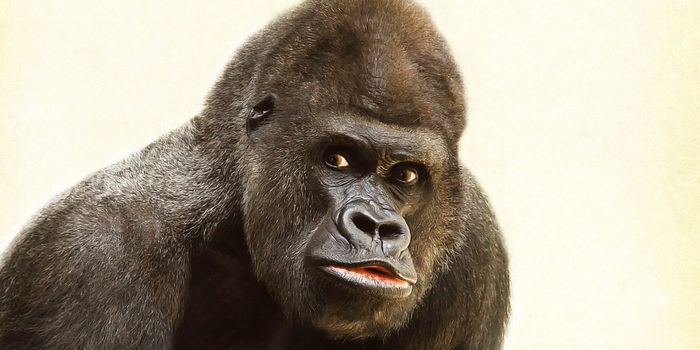Elephant Orphans Respond Unpredictably to Poaching Risks
Upon carefully examining 16 years’ worth of African elephant family movements, researchers from Colorado State University say they’ve discerned key behavioral traits with the potential to change how animal experts tackle conservation efforts.
The findings, published last week in the journal Proceedings of the Royal Society B: Biological Sciences, underscore how the animals respond to pressures from human-centric activities by altering their natural wandering range and lifestyle.
Image Credit: Shifra Goldenberg/CSU and Save the Elephants
African elephants attempt to balance safety with food source availability. In the face of a shrinking habitat imposed by a rapidly-expanding human population, they become more adventurous to find food. But in doing so, they simultaneously increase their exposure to dangers such as illegal poaching.
Orphaned variants, on the other hand, seemed more vulnerable to said dangers than usual. African elephants that lost their mother or matriarch of the group exhibited more adventurism on average, while a smaller percentage of orphaned African elephants chose to play it safe and stay put.
"Our study demonstrates that the loss of a matriarch can lead to dramatic shifts and expansions in the movements of some families while making others much more faithful to the core of their original home range," explained study lead author Shifra Goldenberg.
Related: Elephant receives emergency root canal procedure after its tooth becomes cracked and infected
Although all African elephants appear to display this range-altering behavior in one way or another, there's still a concern in how the ‘loners’ demonstrate added recklessness in their wandering. This recklessness while searching for food could land them in more imminent danger than animal experts would like and may echo severe implications concerning conservation efforts.
"The ability to survive in the face of new human pressures is critical to the persistence of wildlife in the face of human global impacts," added George Wittemyer, the senior author of the study.
"In elephants, we see a general ability to recognize high-risk areas and avoid them. But range changes were exaggerated in families that had lost the mothers and leaders of their groups," he added.
"The costs and benefits of these different types of responses are important to the population's ability to respond to emerging threats and recover from the effects of poaching elephants for ivory, which has reached the level of a serious crisis."
Related: How to elephants sleep?
The study underscores how we still have so much to learn how human-induced pressures impact wildlife. Only through additional investigation will researchers gain the insight we need to protect wildlife from imminent dangers.
Source: Colorado State University









